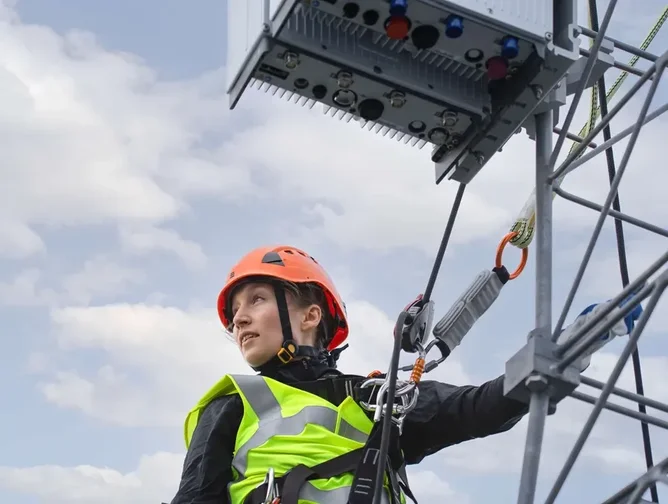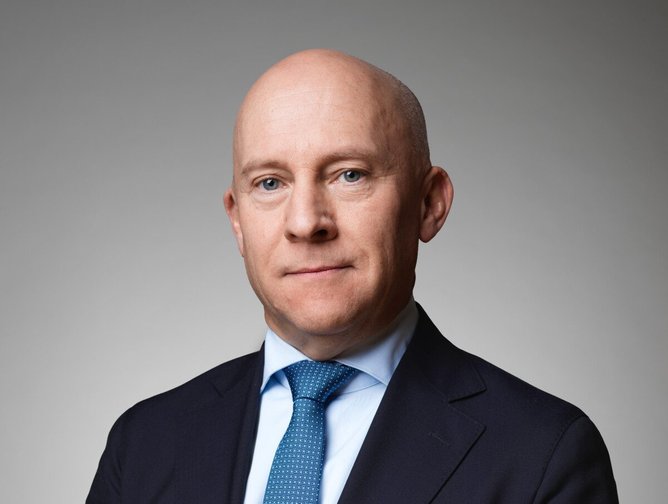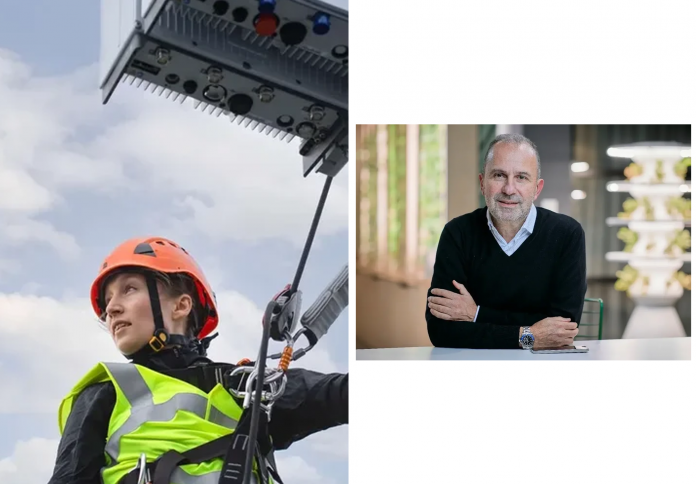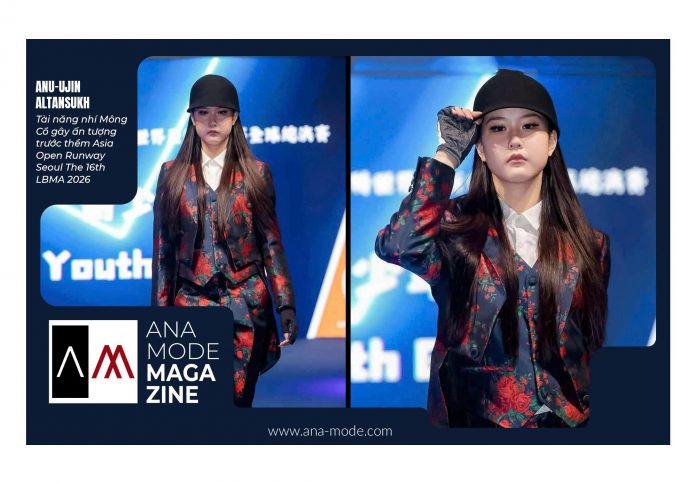In a significant commitment to advanced connectivity, Ericsson and Vodafone Group have announced a major five-year strategic partnership to modernize Vodafone’s network footprint across several key markets. This collaboration is focused on deploying Ericsson’s high-performing programmable network solutions, establishing a critical foundation for widespread adoption of 5G Standalone (5G SA). The deal goes far beyond simply upgrading hardware, as it introduces advanced capabilities like Massive MIMO radios and AI-powered rApps, which will be managed through the Ericsson Intelligent Automation Platform. This dual investment in 5G Advanced technology and artificial intelligence is designed to transform Vodafone’s infrastructure, ensuring a best-in-class customer experience, maximizing network efficiency, and laying the groundwork for future network application markets.
A Pan-European and Global Network Expansion
The strategic partnership solidifies Ericsson’s role as a primary technology supplier for Vodafone across a geographically diverse and economically important set of markets. Under the terms of the five-year agreement, Ericsson will serve as the sole Radio Access Network (RAN) vendor for Vodafone in Ireland, the Netherlands, and Portugal. Furthermore, the company will be a major vendor in crucial markets including Germany, Romania, and Egypt.

This comprehensive modernization effort for Vodafone’s RAN infrastructure is explicitly aimed at enabling the full potential of 5G Standalone (5G SA). The commitment signals Vodafone’s intent to move beyond the non-standalone version of 5G, which still relies on existing 4G core infrastructure. The shift to a dedicated 5G SA core will allow Vodafone to offer differentiated connectivity solutions with guaranteed, performance-based characteristics for both its consumer and enterprise customers, opening new revenue streams that require ultra-low latency and network slicing capabilities.
The Integration of AI and Automation
A cornerstone of this partnership is the seamless integration of artificial intelligence and automation into the network management architecture. The deal introduces the Ericsson Intelligent Automation Platform, a system designed to manage and optimize complex, multi-vendor networks. This platform will be deployed across the various markets, starting with Germany in the fourth quarter of 2025.
Central to this automation strategy is the use of AI-powered rApps. These specialized, software-defined applications will be implemented to deliver automated RAN optimization and enhance energy efficiency across the network footprint. According to Alberto Ripepi, Chief Network Officer at Vodafone Group, this focus on automation and AI agents is vital for “seamlessly meeting network demands in real time,” ensuring high network efficiency and a superior customer experience. The rApps allow the network to learn and adapt autonomously, continuously improving performance without constant human intervention.
Advanced 5G Technology Deployment
The physical upgrade of the network involves deploying state-of-the-art radio and compute solutions. Vodafone will extensively roll out Ericsson’s Massive MIMO (multiple input multiple output) radios. Massive MIMO is a key 5G technology that significantly enhances network capacity and speed by using a large number of antennas to transmit and receive data simultaneously.

In addition to the Massive MIMO hardware, Vodafone is set to deploy 5G Advanced RAN software capabilities across its networks. Crucially, the solutions being deployed are described as Open RAN-compatible. This compatibility provides Vodafone with the flexibility to integrate a multi-vendor ecosystem, ensuring future-proofing and adaptability in a rapidly evolving technological landscape. By modernizing its infrastructure with this latest generation equipment and embracing high-performing new capabilities, Vodafone is aiming for a major transformation of its network core.
Laying the Groundwork for the Network Application Market
Beyond improving speed and reliability for traditional mobile services, this strategic alliance is fundamentally about preparing Vodafone to capitalize on an emerging market for network applications. The capabilities enabled by 5G SA and the programmable nature of the new network—such as network slicing and guaranteed performance metrics—allow for the creation of customized, performance-specific services for enterprise customers.
This means Vodafone will be able to offer dedicated, virtualized network segments (slices) tailored for use cases like industrial IoT, autonomous vehicles, and critical health applications. The ability to use automation and AI agents to seamlessly meet these specialized, real-time demands is essential. By embracing these sophisticated technologies, Vodafone is moving towards a model where its network becomes a platform for innovation, allowing it to tap into the high-value digitalization of industry and enhance its competitive position in the global telecoms sector.










